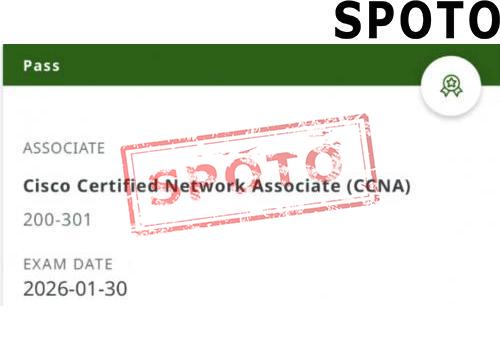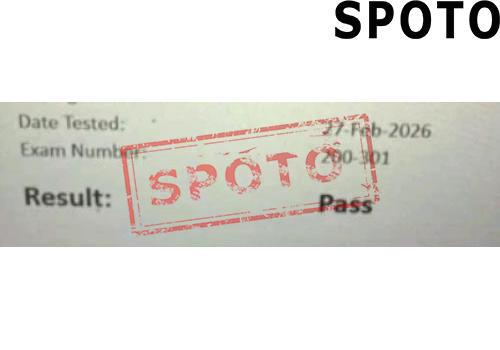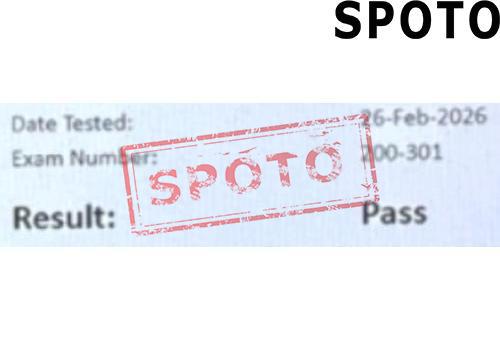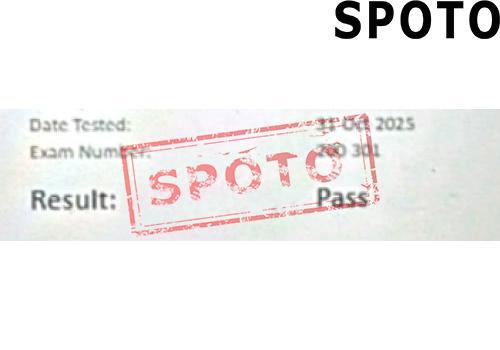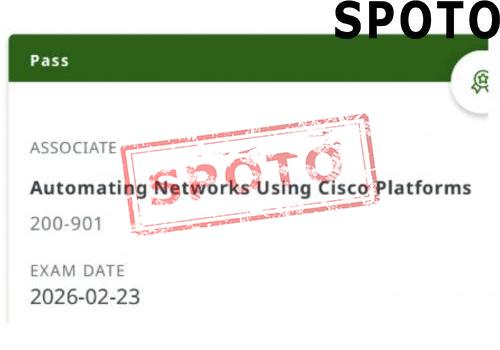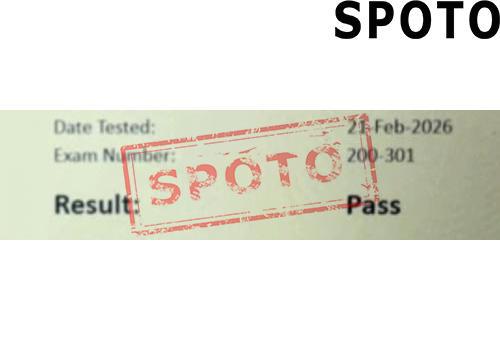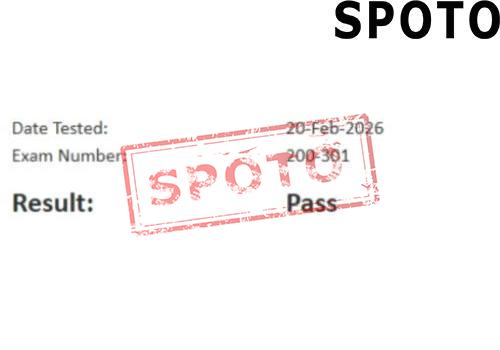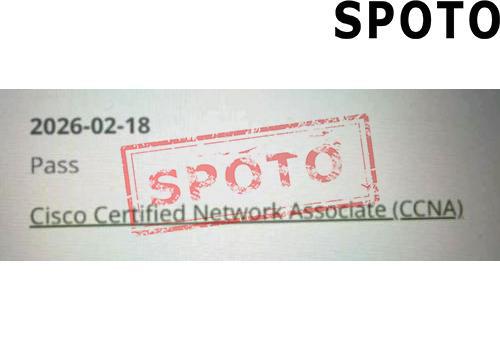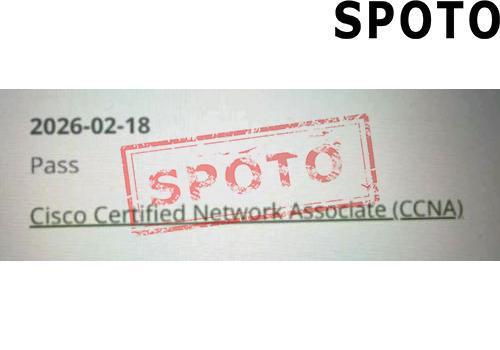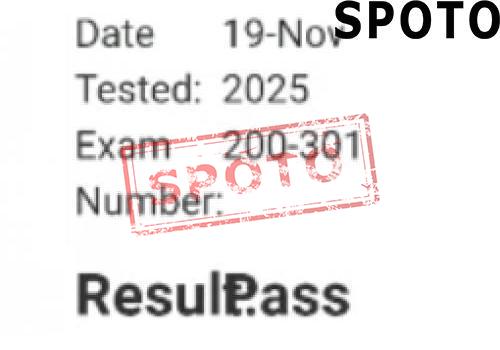
The Cisco Certified Network Associate (CCNA) certification is often seen as the gateway to a thriving career in IT and networking. But what if you're starting from scratch, with zero experience in the field? Can you still achieve it? The answer is yes—but it won't be a walk in the park. It'll take determination, resourcefulness, and the right strategies.
Let's explore how you can conquer the CCNA without prior networking experience and set yourself on the path to success.
What Is the CCNA Certification?
The CCNA is a beginner-level certification designed to test your knowledge of networking fundamentals, IP connectivity, automation, and security. It's suitable for those who want to pursue careers as network administrators, system engineers, or IT support specialists.
While CCNA is considered entry-level, it does require understanding some complex concepts, which can be intimidating for someone with no IT background.
Challenges You Might Face Without Experience
-
Steep Learning Curve: Concepts like IP addressing, subnetting, and routing protocols might seem overwhelming.
-
Hands-On Skills: CCNA requires practical knowledge of configuring and troubleshooting network devices, which can be hard to learn without access to real equipment.
-
Technical Jargon: Networking introduces a new language of acronyms and terms that can confuse beginners.
-
Time Management: Balancing CCNA study with other responsibilities can be challenging, especially for beginners.
How to Tackle CCNA Without Experience
1. Understand the Basics
Before diving into CCNA content, build a foundation in general networking concepts:
- Learn how the internet works.
- Study the basics of LANs (Local Area Networks) and WANs (Wide Area Networks).
- Watch beginner-friendly networking videos on platforms like YouTube.
2. Invest in Quality Study Materials
High-quality resources are essential for beginners:
- Books: Cisco's official CCNA study guide is a great starting point.
- Online Courses: Platforms like Udemy and CBT Nuggets offer CCNA courses with video lessons tailored for beginners.
- Practice Tests: Tools provided by SPOTO can help you gauge your progress.
3. Embrace Hands-On Practice
Practical skills are critical for CCNA success. Without access to physical networking equipment, use:
- Cisco Packet Tracer: A free simulation tool for practicing configurations.
- GNS3: A more advanced emulator for network simulation.
- Virtual Labs: Platforms like SPOTO provide remote access to lab environments.
4. Break Down Complex Topics
Some topics, like subnetting and routing protocols, are tricky but crucial. Break them into smaller chunks:
- Subnetting: Practice solving subnetting questions daily until it becomes second nature.
- Routing Protocols: Focus on understanding OSPF and EIGRP step-by-step with examples.
5. Join Networking Communities
Engage with like-minded learners in forums like:
- Reddit's r/ccna
- Cisco Learning Network
These platforms offer guidance, study tips, and encouragement.
6. Stay Consistent
Set a realistic study schedule and stick to it. Dedicate at least 2–3 hours daily to learning and practicing. Consistency is key to retaining information.
Can CCNA Lead to a Job Without Experience?
Yes, the CCNA can open doors to entry-level positions like:
- Help Desk Technician
- Network Support Specialist
- Junior Network Administrator
However, combining the CCNA with soft skills, such as communication and problem-solving, increases your chances of landing a job. Employers value a willingness to learn and a proactive attitude, even in candidates without prior experience.
Is It Worth It?
While pursuing CCNA without experience is challenging, it's also rewarding. The certification demonstrates your dedication to learning and your ability to grasp networking fundamentals, both of which are highly valued in the IT industry.
It's a stepping stone to further certifications like CCNP or even CCIE, and it sets you on a path to lucrative career opportunities.
Conclusion
Earning the CCNA certification without prior experience is absolutely possible, but it requires focus, determination, and the right resources. By building a solid foundation, practicing hands-on skills, and leveraging supportive communities, you can confidently prepare for the exam.
So, roll up your sleeves, grab those study materials, and prepare to dive into the world of networking. Remember, every expert was once a beginner, and with persistence, you'll achieve your CCNA goals!
